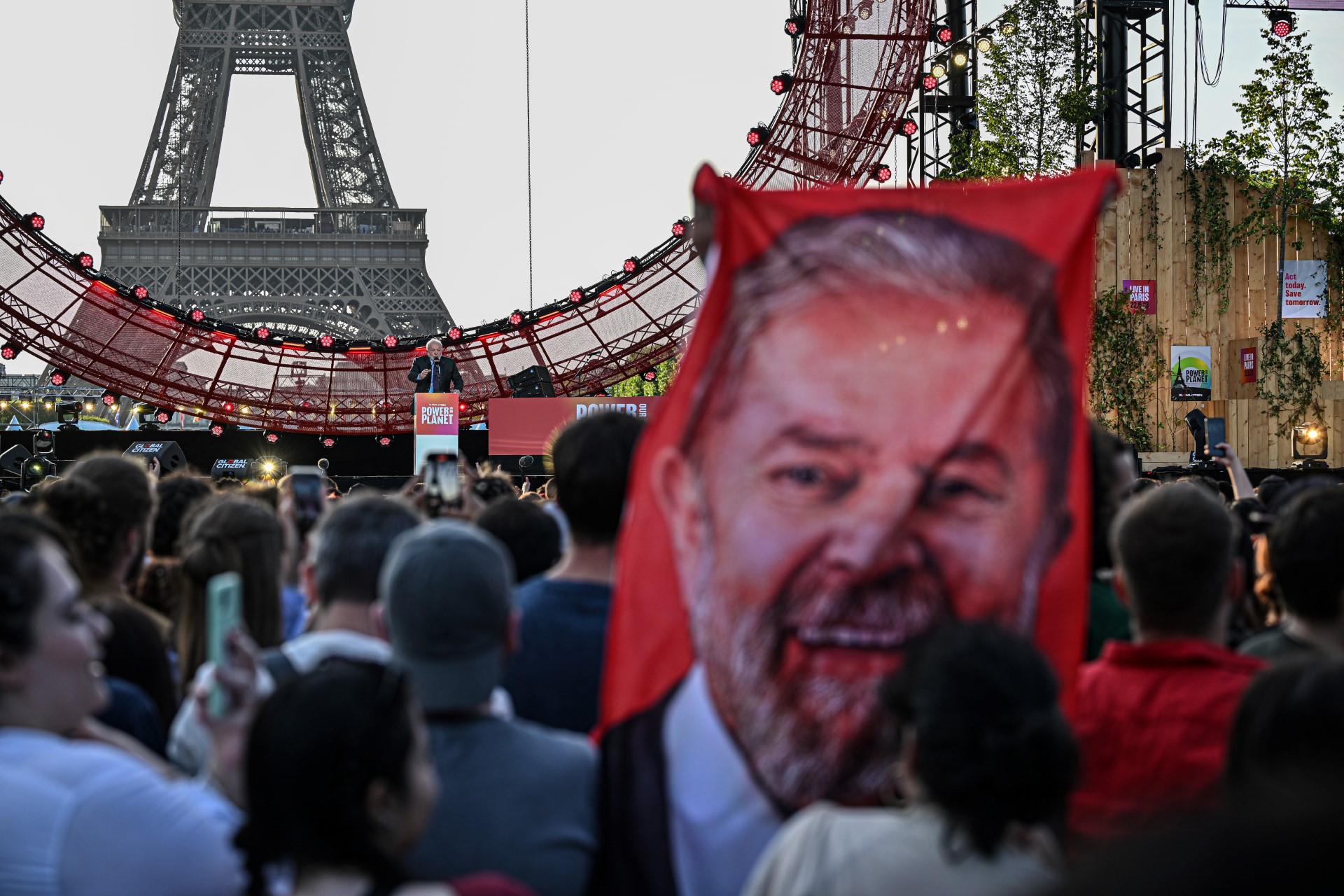A global summit seeking to overhaul the international financial system wraps up Friday after taking small steps towards easing the debt burden of developing nations weighed down by climate and economic crises.
While host country France pitched the conference as a consensus-building exercise, leaders are under pressure to produce clear outcomes from the two-day meeting as economies stagger under growing debt after successive crises in recent years.
The summit comes amid growing recognition of the scale of the financial challenges ahead, with warnings that the world’s ability to curb global warming at tolerable levels is reliant on a massive increase in clean energy investment in developing countries.
“The current financial architecture is unfair, it’s punitive, it doesn’t give everybody a fair chance,” Kenyan President William Ruto told AFP.
He said developing countries pay up to eight times more in interest rates than developed nations “because they are profiled as risky”.
“Some people do not want a mechanism where people are equal, they want us to continue this conversation where we are looking for help,” he said. “We do not want to look for help, We want to participate in the solution.”
With trust in short supply over broken climate financing promises from richer countries, developing nations are looking for tangible progress.
“We only have this planet and unless you have a plan to live on Mars that I don’t know about then we need to work together to make it better,” Barbados Prime Minister Mia Mottley told AFP.
Mottley, whose Caribbean island nation is threatened by rising sea levels and tropical storms, has become a powerful advocate for revamping the role of the World Bank and International Monetary Fund in an era of climate crisis.
Barbados has put forward a detailed plan for how to fix the global financial system to help developing countries invest in clean energy and boost resilience to climate impacts.
One key announcement on the summit’s first day on Thursday came from IMF director Kristalina Georgieva, who said a pledge to shift $100 billion of liquidity-boosting “special drawing rights” into a climate and poverty fund had been met.
World Bank president Ajay Banga said the lender would introduce a “pause” mechanism on debt repayments for countries hit by a crisis so they could “focus on what matters” and “stop worrying about the bill that is going to come”.
Separately, Senegal was promised 2.5 billion euros ($2.7 billion) by a group of wealthy nations and multilateral development banks to help the west African country reduce its dependence on fossil fuels.
And Zambia, which defaulted on its debt after the Covid pandemic broke out, secured some financial relief as its main lender China and other creditors agreed to restructure $6.3 billion in loans.
On Twitter, Zambian President Hakainde Hichilema called it a “significant milestone in our journey towards economic recovery & growth”.
Global taxes
But much more is needed to help developing countries combat climate change.
French President Emmanuel Macron said he was hopeful that a pledge to deliver $100 billion a year in climate finance to poorer nations by 2020 would finally be fulfilled this year — although actual confirmation the money has been delivered will take months if not years.
This week, the International Energy Agency said annual investment just for clean energy in these countries will need to jump to nearly $2 trillion within a decade.
This is crucial to keep alive the Paris Agreement goal of limiting global warming to “well below” two degrees Celsius since pre-industrial times, and below 1.5C if possible.
Ideas for how to turn “billions to trillions” for these climate and development goals include using multilateral development banks to help unlock climate investments, as well as taxation on fossil fuel profits and financial transactions to raise climate funds.
France backs the idea of an international tax on carbon emissions from shipping, with hopes for a breakthrough at a meeting of the International Maritime Organization in July.
Macron said such levies must involve every nation, telling broadcasters franceinfo, RFI and France 24: “An international tax in one country doesn’t work”.

